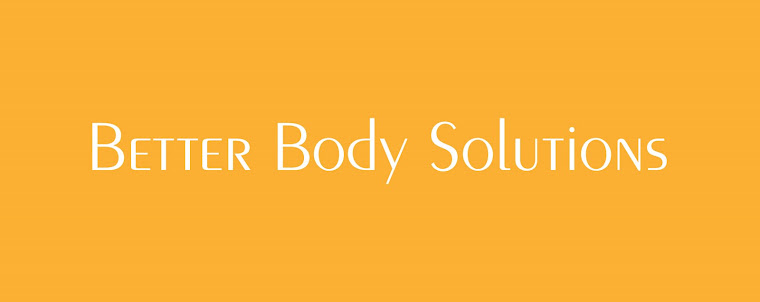Hashimoto's Thyroid can be thought of as an immune system problem. Often Hashimoto’s—an autoimmune disease—is caused by an imbalance in two types of immune cells called helper T cells. Helper T cells are important for normal immune responses and they come in two forms: Th1 cells initiate immune responses to kill foreign pathogens like bacteria and viruses—they aim to keep us disease-free. Conversely, Th2 is not involved in the destruction of foreign invaders, but help to identify them.
Normally, Th1 and Th2 cell levels are kept in an appropriate balance but in the case of Hashimoto’s Th1 is often dominant over Th2. This results in an overactive immune system that cannot distinguish harmful organisms from normal cells and tissues.
Diagnosing Hashimoto’s
It is often the case in conventional medicine that blood testing of Th1 and Th2 is not performed. An imbalance between Th1 and Th2 is not considered as a factor in Hashimoto’s and therefore the underlying aspects of the etiology are ignored.
Clinically, we can use a so-called Th1/Th2 challenge to determine ways to alleviate Hashimoto’s symptoms. This is accomplished by alternately supporting the Th1 and then the Th2 immune system with nutrition for a few days each. This way, we can establish foods and supplements that may be exacerbating or alleviating symptoms.
Nutrition and Hashimoto’s
In the case of an imbalance between Th1 and Th2, the goal is to reduce your intake of substances that make that imbalance worse. For example, if you have Hashimoto’s and we determine that your Th1 levels are above normal then you may want to avoid nutrients that support Th1 function such as echinacea, astragalus, maitake, beta-glucan, glycyrrhiza and Melissa officinalis.
You may want to ingest supplements that instead support Th2 function. These include caffeine, green tea, grape seed extract, resveratrol, white willow bark, Pycnogenol and lycopene. Before taking any supplements, always speak with a medical professional.
Subscribe to:
Post Comments (Atom)




You may take natural porcine thyroid for your own good.Despite its benefits, it would still be wise to ask your doctor for recommendations.
ReplyDelete